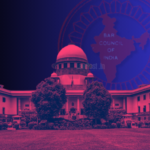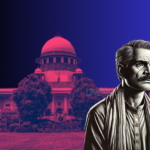In a significant development, the Supreme Court of India has agreed to hear a plea filed by Asaduddin Owaisi, the head of the All India Majlis-e-Ittehad-ul-Muslimeen (AIMIM), urging the implementation of the Places of Worship (Special Provisions) Act, 1991. The Court, consisting of Chief Justice of India Sanjiv Khanna and Justice PV Sanjay Kumar, ordered that Owaisi’s petition be tagged with a related petition filed by Jamiat Ulema-e-Hind.
Advocate Nizamuddin Pasha appeared on behalf of Owaisi in the matter, which is expected to come up for hearing in February 2025. The plea seeks to enforce the provisions of the Act, which prohibits the conversion of the character of religious places in the country.
The Jamiat Ulema-e-Hind had previously filed a petition seeking to be included as a party in a Public Interest Litigation (PIL) by BJP leader Ashwini Kumar Upadhyay. Upadhyay’s PIL challenges the constitutional validity of the 1991 Act, asserting that it restricts any legal proceedings that seek to alter the religious character of existing places of worship.
Earlier in December 2024, the Supreme Court had issued an important order restraining trial courts across the nation from passing substantive orders or conducting surveys concerning the religious character of existing religious structures in cases challenging the Act. The Court clarified that the Act explicitly prohibits such suits from being filed, thus putting a hold on at least 18 ongoing cases across India.
These cases, filed by various individuals and Hindu organizations, claim that mosques were constructed on the sites of ancient Hindu temples. The Supreme Court’s latest intervention is seen as a crucial step in maintaining the status quo while the legal challenges to the Places of Worship Act are pending.








